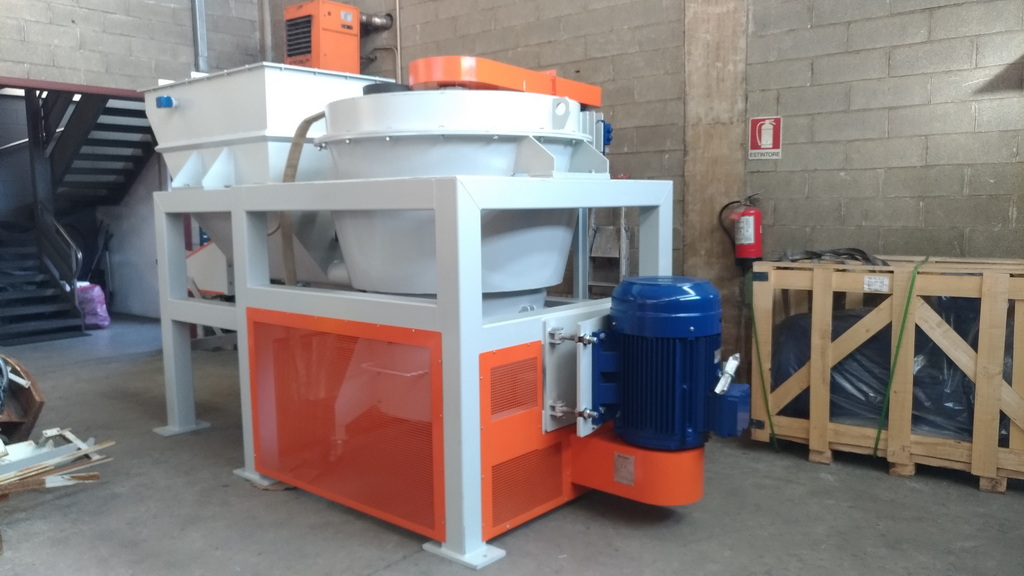Online on the “La Repubblica” website on October 31, 2023, the article titled “From beer waste to bio-plastic, the new ecological factory on the Strait of Messina”.
We are proud to have contributed to the project that, by recycling beer draff, creates a sustainable material: bio-plastics that can be used as an alternative to traditional petroleum-derived plastic.
Beer draff is the primary byproduct of the brewery production process: every hectoliter of beer produced yields a substantial 40 kg of draff; this mainly consists of the husk of barley grains, other fibrous plant substances, and a high water content.
Currently, draff is already used as fertilizer or is incorporated into the production of animal feed, but its high content of fibers and proteins has prompted studies for its use in human nutrition as well.
In Roccavaldina, a small town in the province of Messina, the Messina Foundation, the social cooperative EcosMed, and the Municipality, have embarked on an alternative path for recycling this valuable “waste”: an innovative project that, inspired by the ecological transition, also aims to boost a local economy hit by unemployment and abandonment by the younger segments of the population, as well as the redevelopment of a disused craft area on the outskirts of the town.
The plant will be entirely eco-compatible, powered by solar energy, and tree planting in the surrounding areas is planned to offset the CO2 produced.
The draff will be supplied by Birrificio Messina, a cooperative from Messina already committed to ensuring the eco-sustainability of its production process, through a significant photovoltaic system and attention to environmental preservation.
The transformation of draff for the production of bio-plastic in pellet form includes the drying of the product followed by its micrometric grinding, to obtain a very fine flour suitable for processing to achieve the finished product.

Pennati Costruzioni Meccaniche provided EcosMed with the pulverizing mill type 520V, which uses high-speed impacts to achieve extreme fineness, with automatic management of process control and granulometry; already widely used for the pulverization of sodium bicarbonate, siliceous resins, glass, inert materials, PET, and activated carbon, this mill proved to be the ideal tool during the study and fine-tuning of the process, to achieve the goal for this innovative use as well.
The transformation then involves the addition of other substances that allow the extrusion of the product into pellets or threads, ready to be used by companies that exploit plastic as a raw material in their production.
The plant will start, after 2 years of study, in January 2024 with a projected production of over 700 tons/year.

